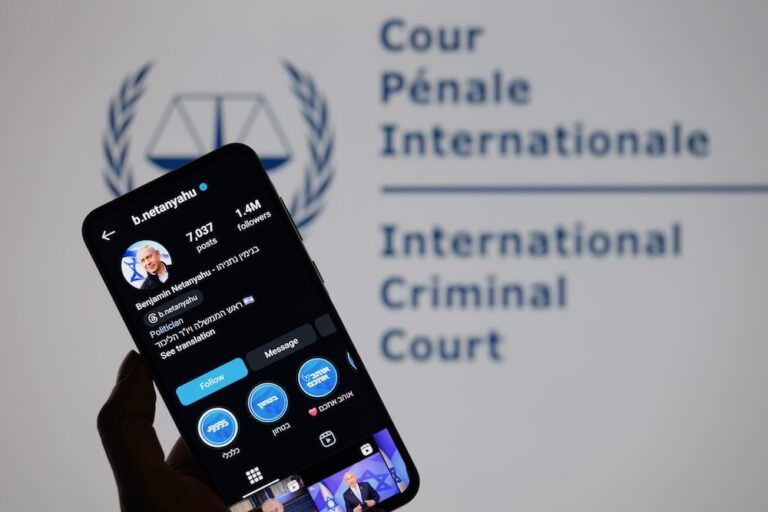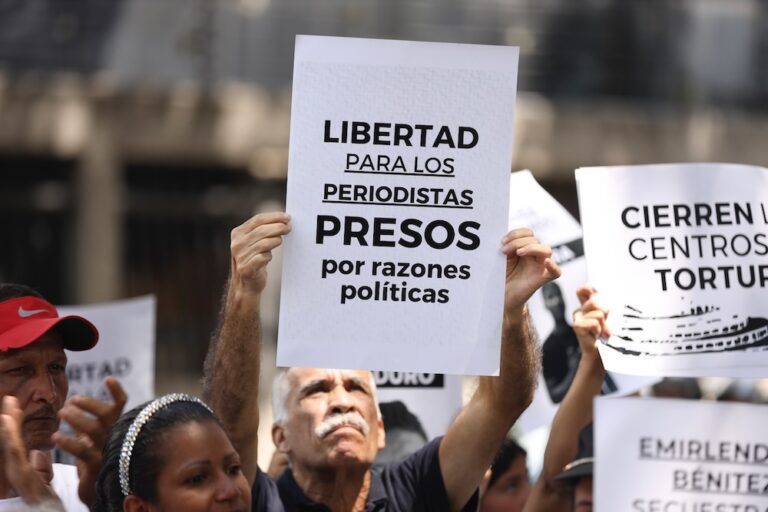IFEX Executive Director Annie Game reflects on four years of struggle against impunity, and the IFEX strategy to combat it.
Impunity has always figured prominently in the priorities of IFEX members. This fact is fuelled not just by the grisly statistics of journalists being threatened, attacked and killed every year for their work but also by knowing that the perpetrators continue to get away with these crimes. Time, resources and hearts go into combatting this alarming trend. IFEX members dedicate significant resources, human and financial, to following cases of impunity, doing research, writing reports, harnessing legal support and working with survivors, families and colleagues who are often either terrified or bereaved.
And so it continues.
Four years ago, on 23 November 2011, we launched our first International Day to End Impunity campaign using letters, social media, petitions and protests. We sought to drive home to governments and the public impunity’s wide-ranging negative impact. Links were drawn between impunity for crimes against freedom of expression and its intrinsic costs—the degradation of the quality of our news and disappearance of stories about the powerful and corrupt; the chilling effect that creeps through society as many are frightened into silence or self-censorship; and the emboldening effect of lack of punishment, which greatly encourages future abuse.
We learned a lot as the campaign grew. As more of our members have gotten on board, we’ve broadened our focus beyond journalists to others targeted for exercising their right to free expression.
The impressive efforts made in focusing on one day of action are worthwhile. But we know that our work combatting impunity must be intensified: it must be as relentless as the transgressions against those who are targeted for using their voice. We need to continue to call out the perpetrators.
Focusing attention on the 2 November UN Day to End Impunity For Crimes Against Journalists will be one key rallying point among others in our next five-year campaign No Impunity.
As part of our efforts, we will be using UNESCO’s Director General’s report to directly target the member States in which impunity occurs, publicising their response to it and pressing them to take action and prosecute the perpetrators of impunity. Individual cases can be long, convoluted processes demanding commitment, funds and focus from those demanding justice—so over the next five years we are going to be following the specific cases, exploring the human impact of impunity and process of finding justice.
No Impunity is a simple demand with a lot of meaning. No amnesty for perpetrators, No corruption of the judicial process, No more patience for delays of justice. Under the new campaign name No Impunity, we’re beginning a new story, one where the IFEX network challenges perpetrators and enablers of the culture of impunity. Impunity carries chilling effects. But each victory, no matter how small, will serve notice and can help to incrementally change the rules and risks of the impunity game, both for perpetrators and States and perhaps bring important closure for the victims.
There are many who have a vested interest in ensuring that impunity persists. But through the efforts and actions of the No Impunity campaign, the number of people, organisations and governments committed to ending impunity is growing. How can you take part? Join us this 2 November. Keep current on the action through our website and on social media as we take on perpetrators in the years ahead. Together, we can work to ensure that every citizen and journalist who exercises their human right to freedom of expression can do so knowing that the world will hold those who seek to silence them accountable.
Annie Game is Executive Director of IFEX.



